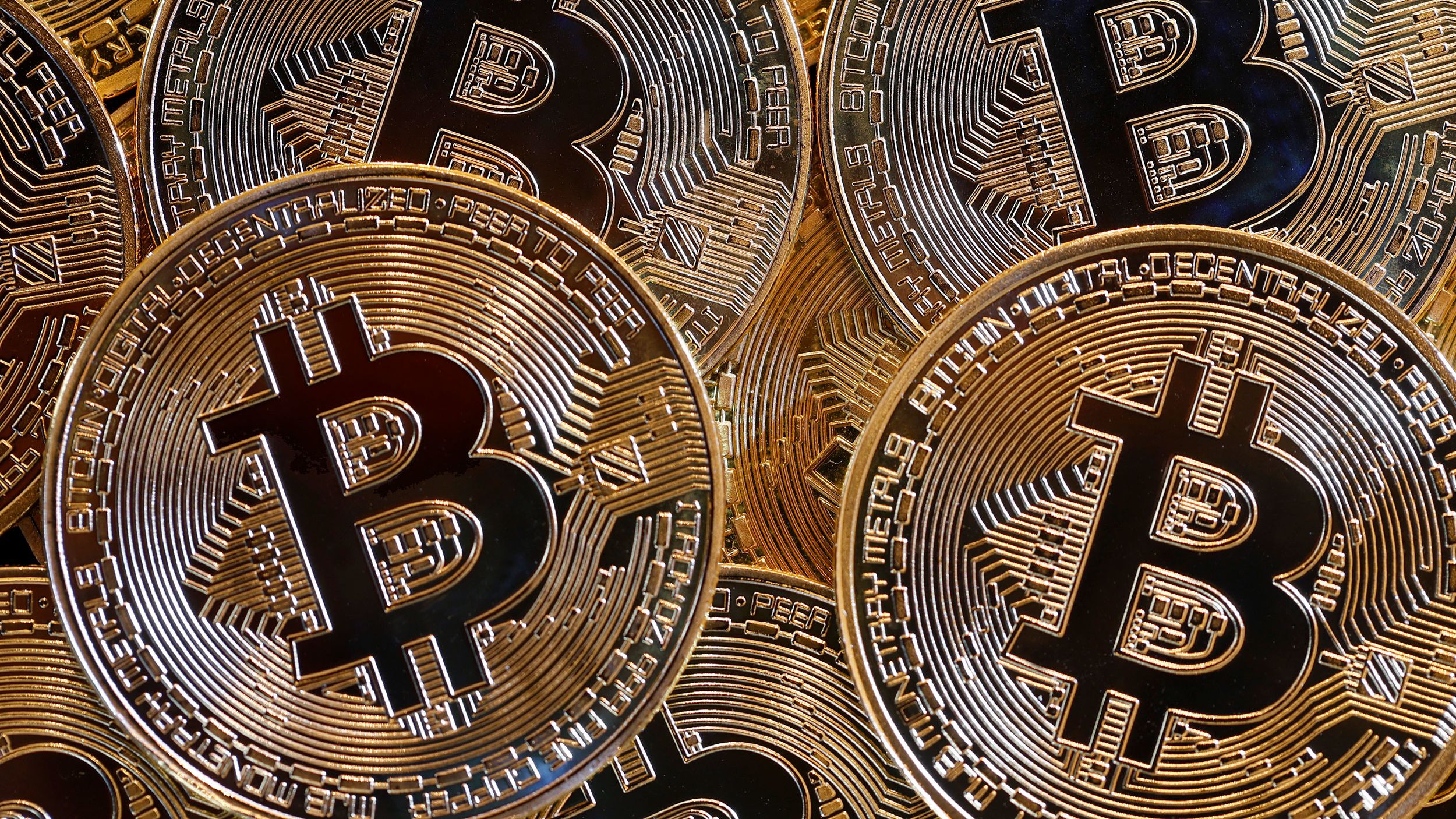Trump signs an executive order to create a strategic bitcoin reserve. What it means for the cryptocurrency market
10 March 17:16
US President Donald Trump has signed a decree establishing a strategic bitcoin reserve and a US digital asset reserve, which aims to position the United States as a leader in digital asset management strategy. This was reported by "Komersant Ukrainian" with reference to official information on the White House website.
The US government currently owns about 200 thousand bitcoins worth about $17 billion dollars. American leader Donald Trump has expressed his intention to make the United States the “cryptocurrency capital of the world,” and the decree he signed is a step towards this goal.
Key details of the decree
Astrategic bitcoin reserve. This reserve will consist exclusively of bitcoins acquired through asset forfeiture by US government agencies.
The US Digital Asset Reserve. This reserve will include other cryptocurrencies, such as Ethereum (ETH), Ripple (XRP), Solana (SOL), and Cardano (ADA), also obtained as a result of government confiscations.
Financing. No taxpayer money will be used to create these reserves. Instead, they will use cryptocurrencies already owned by the government.
It is worth noting that after Donald Trump signed this decree, the price of bitcoin dropped by about 6% (to $82,400).
Creating a strategic bitcoin reserve: what experts say
Economists have already expressed concerns about this plan, noting that while owning bitcoin can maintain its value, it does not generate income. In addition, there are concerns about the potential impact on the market if the government decides to liquidate these assets in the future.
Potential benefits of the U.S. government creating a Strategic Bitcoin Reserve (SBR):
Financial modernization. Proponents argue that integrating bitcoin into national reserves could modernize the U.S. financial system by offering a hedge against inflation and economic uncertainty. The move could also position the US as a leader in the new digital economy.
Strengthening the dollar. Some experts believe that the presence of bitcoin could strengthen the US dollar’s status as the world’s reserve currency, demonstrating its adaptability to new financial technologies.
Potential risks of Donald Trump’s decree
Concerns about volatility. Critics emphasize the inherent price volatility of bitcoin, warning that the inclusion of such a volatile asset in national reserves could lead to significant financial risks.
Lack of income generation. Unlike traditional reserve assets, bitcoin does not generate income, which may limit its usefulness in national reserves.
Market manipulation. Economic experts have expressed concerns that the SBR could be used to artificially inflate cryptocurrency prices, which would benefit individual investors and lead to a potential conflict of interest.
Questionable strategic value. Some economists question the need for bitcoin reserves, arguing that, unlike essential commodities such as oil, bitcoin does not meet critical national needs.
It is worth noting that US President Donald Trump has consistently advocated a forward-looking approach to cryptocurrencies.
“I have a very positive and open attitude towards cryptocurrency companies and everything related to this new and rapidly developing industry. Our country should be a leader in this industry,” Trump said.
The American leader also stated that he plans to make the United States the cryptocurrency capital of the world.
Bitcoin in 2025: what is happening to the cryptocurrency
In 2025, bitcoin continues to play a significant role in the global financial landscape, undergoing significant changes in acceptance, legal status, and market dynamics.
Thus, in 2025, the legal status of bitcoin changed. El Salvador, the first country to accept bitcoin as legal tender in 2021, changed its position. In January 2025, the Legislative Assembly approved amendments to the Bitcoin Law, effectively abolishing the mandatory acceptance of bitcoin as legal currency. Businesses are no longer obliged to accept bitcoin, and its use for tax payments has been restricted. These changes are in line with the conditions set by the International Monetary Fund (IMF) in a USD 1.4 billion loan agreement aimed at reducing the country’s vulnerability to cryptocurrency volatility.
It’s also worth noting that the price of bitcoin has fluctuated in 2025. After reaching an all-time high in January, the price underwent a correction in February. As of March 10, 2025, the price of bitcoin is approximately $81,500, reflecting a recent downward trend.
Forecasts for the price of bitcoin by the end of 2025 vary. Some analysts predict that bitcoin could reach between $84,000 and $112,000 in March 2025, while others, using models such as Monte Carlo simulations, suggest potential peaks of up to $713,000 within six months, although such forecasts are subject to a high degree of uncertainty.









